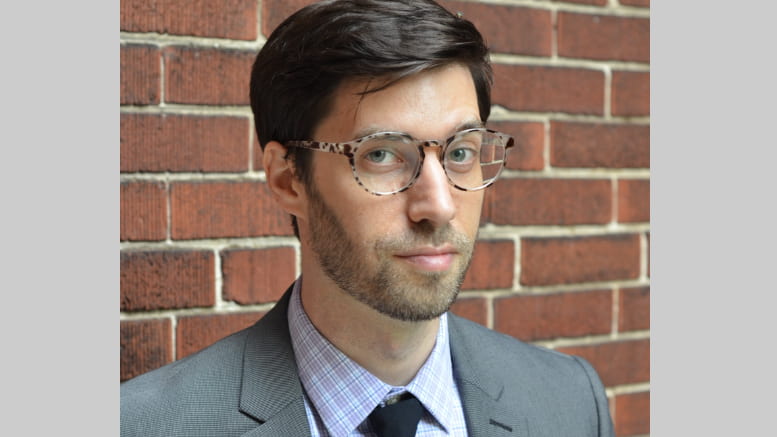History Professor Daniel Immerwahr, recently wrote a piece in The Guardian on why a complacent attitude about nuclear weapons is dangerous.
In the article, Immerwahr details the history of nuclear weapons and the discussion surrounding their use in the mid 1900s. Major players such as John F Kennedy, Harry Truman and Albert Einstein are sourced in the piece and describe the unbelievable magnitude of such a decision.
Listen to the Immerwahr discuss why nuclear fears have faded, and why that’s dangerous here or below in The Guardian’s “The Audio Long Read” podcast below:
Although the average person has not been affected by that level of destruction, Immerwahr argues that the threat of nuclear war has endured to this day. Current world leaders like Vladimir Putin and Kim Jong-un still actively tout their capabilities, while at least six countries are increasing their arsenal. The sentiment against nuclear weaponry has shifted over time simply because they have not been used in nearly 80 years. This idea is at the core of Immerwahr’s argument.
“In those heart-stopping moments, a visceral understanding of what nuclear war entailed helped keep the launch keys from turning,” writes Immerwahr. “It’s precisely that visceral understanding that’s missing today. We’re entering an age with nuclear weapons but no nuclear memory. Without fanfare, without even noticing, we may have lost a guardrail keeping us from catastrophe.”
Daniel Immerwahr is a professor of history at Northwestern University who specializes in the international relationships of the twentieth century United States. His book How to Hide an Empire was a national bestseller and was named a New York Times critic’s choice for one of the best books of 2019.
Learn more in Professor Immerwahr’s piece titled, “Forgetting the apocalypse: why our nuclear fears faded – and why that’s dangerous” in The Guardian.

